

Crohn’s disease is one of the autoimmune diseases that are commonly referred to as inflammatory bowel disease (IBD). It causes painful inflammation of the digestive system. Crohn’s disease commonly involves the small bowel and/or colon. However, it may impact any part of the gastrointestinal (GI) tract from the mouth to the anus. Crohn’s disease can affect any area of the bowel wall and can extend into the deep layers of the affected bowel tissue. This gastrointestinal condition can be excruciating and possibly lead to more severe complications. Untreated Crohn’s disease can cause fistulas (openings between the bowel and other areas of the body), and even lead to cancer.
Ulcerative colitis is another autoimmune GI disease that is similar to Crohn's disease. However, the key difference is that Ulcerative Colitis only affects the colon, and is not found in the small intestine. The disease usually begins in the rectum and may progress upwards towards other parts of the colon. Due to the affected area being low down in the rectum, the most common symptoms of UC are rectal bleeding, diarrhea, and the feeling of having to have frequent bowel movements throughout the day.
The exact cause of Crohn’s disease is still unknown. However, there are some theories regarding the onset of this disease.
Most symptoms associated with Crohn’s disease develop slowly, ranging from mild to severe. Crohn’s disease could include any of the following:
You should contact Citrus Valley Gastroenterology immediately if you notice persisting changes in the bowel habits or you have any of the following symptoms:
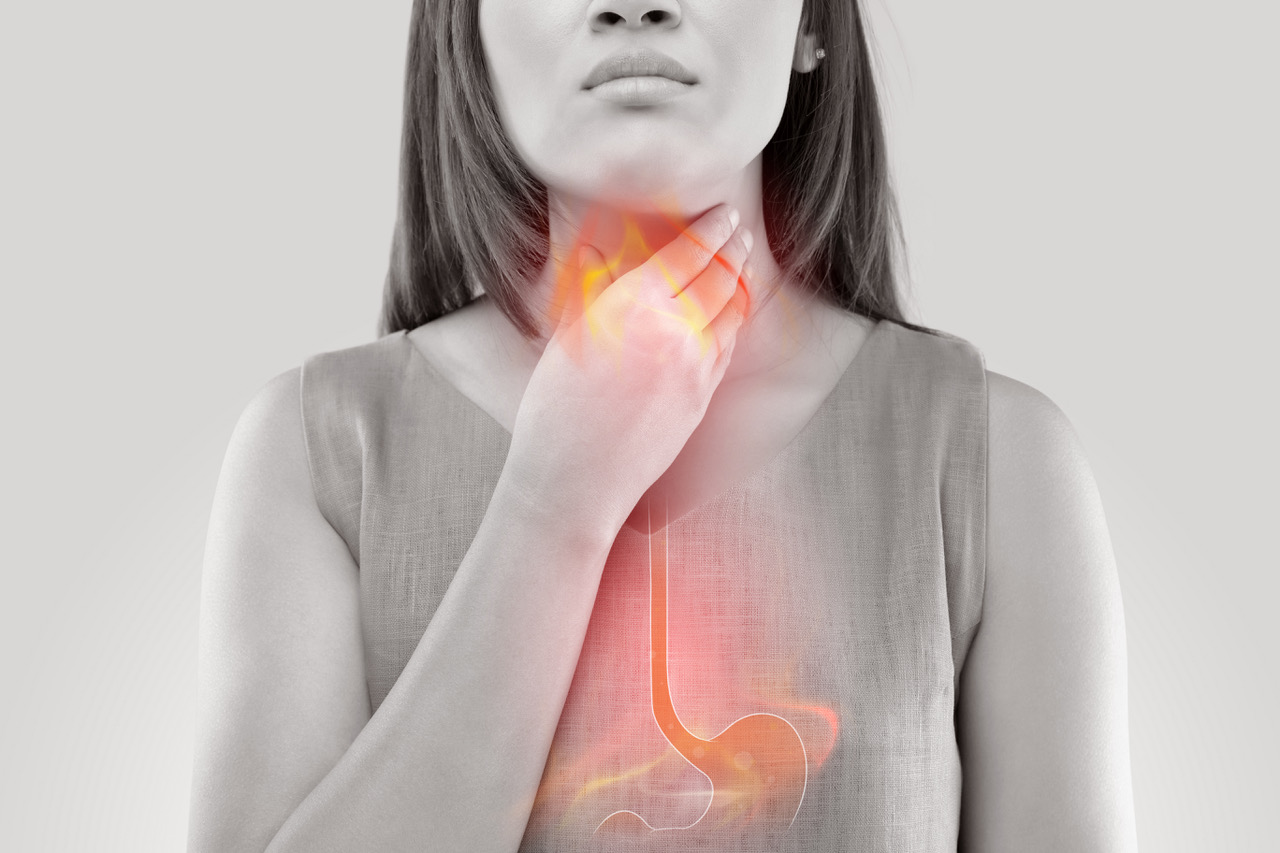

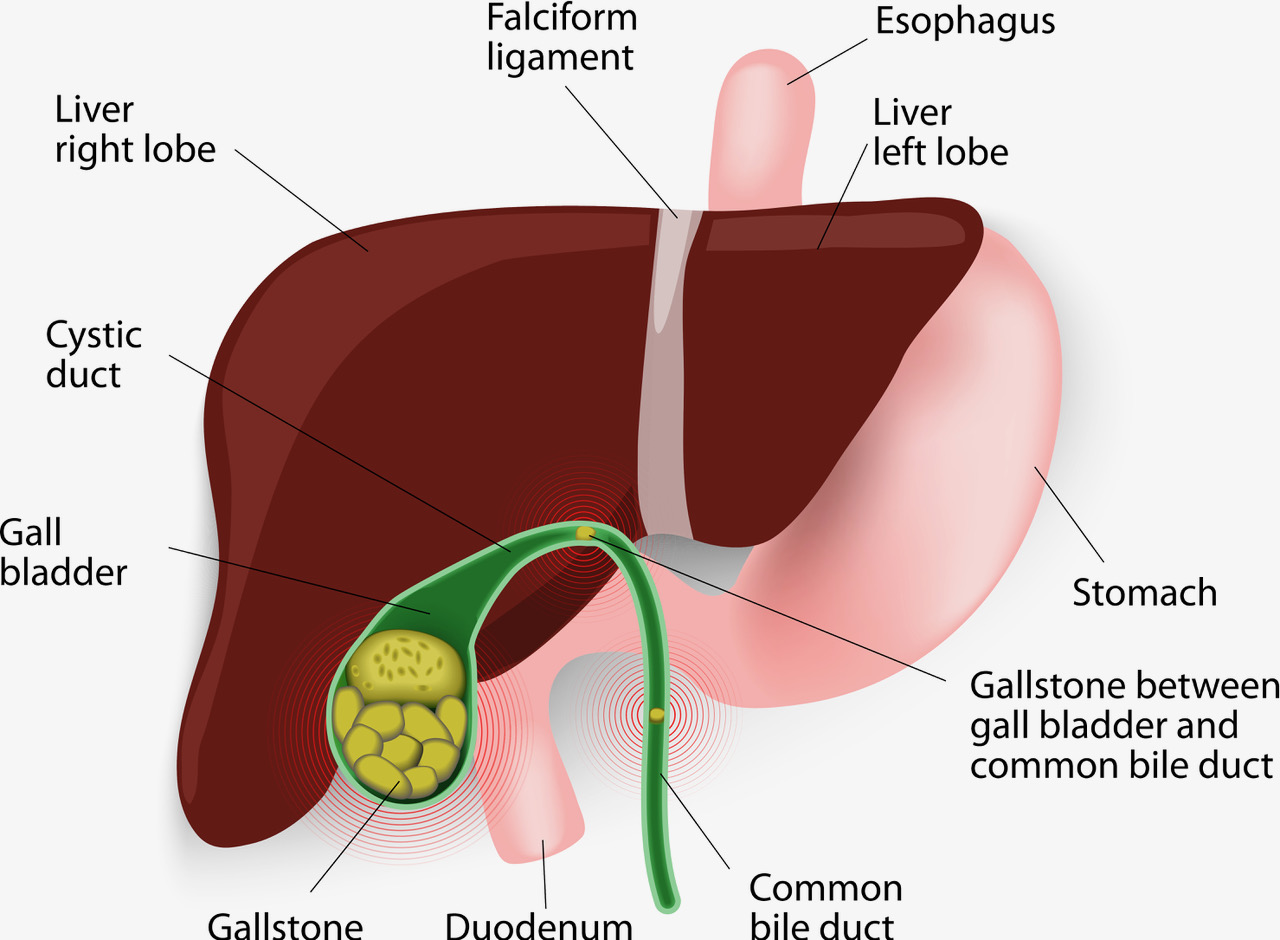
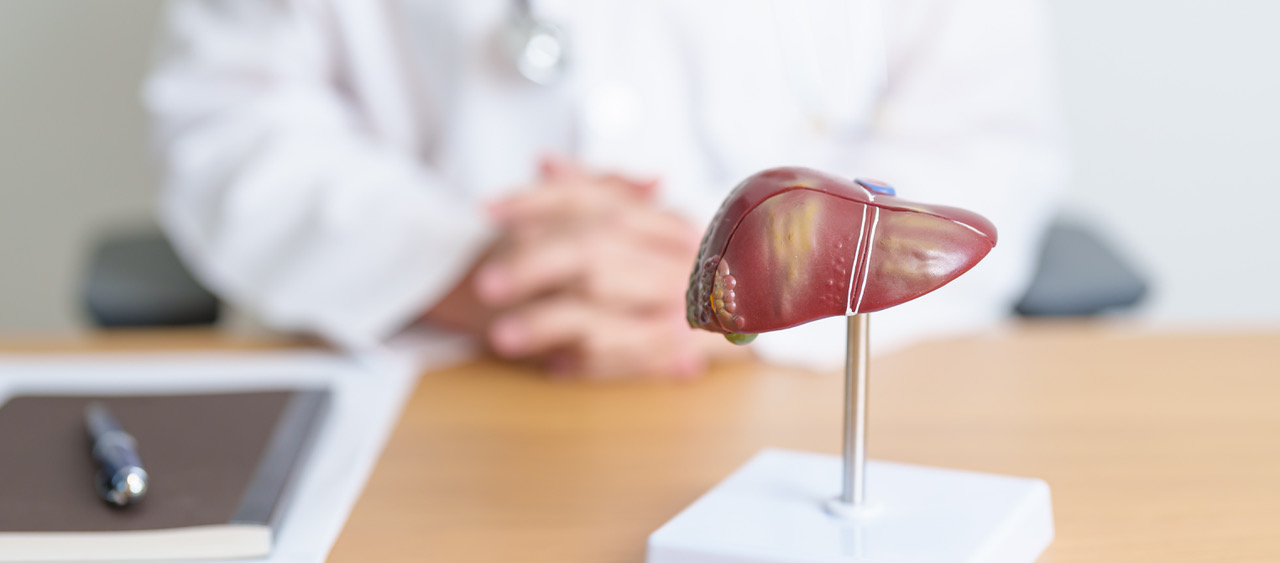
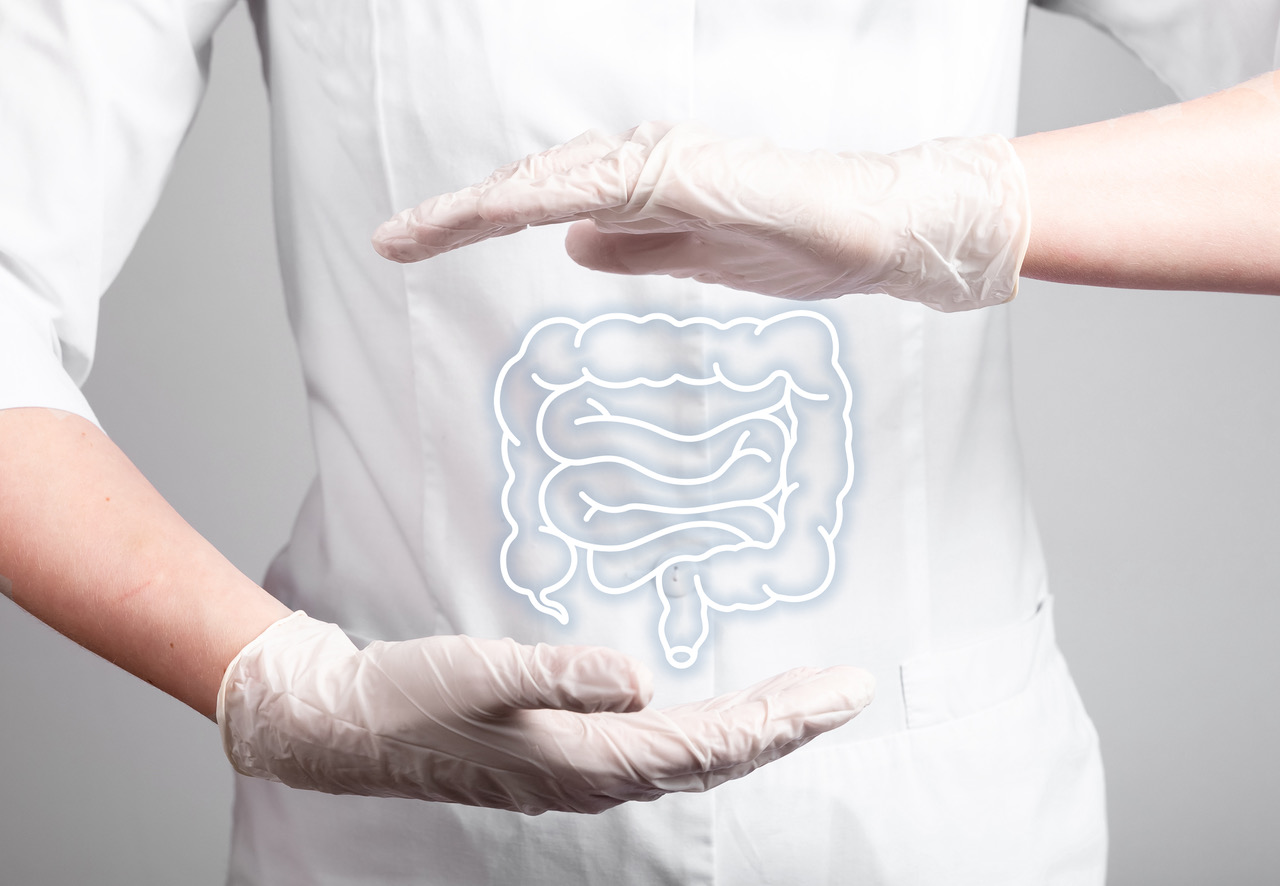

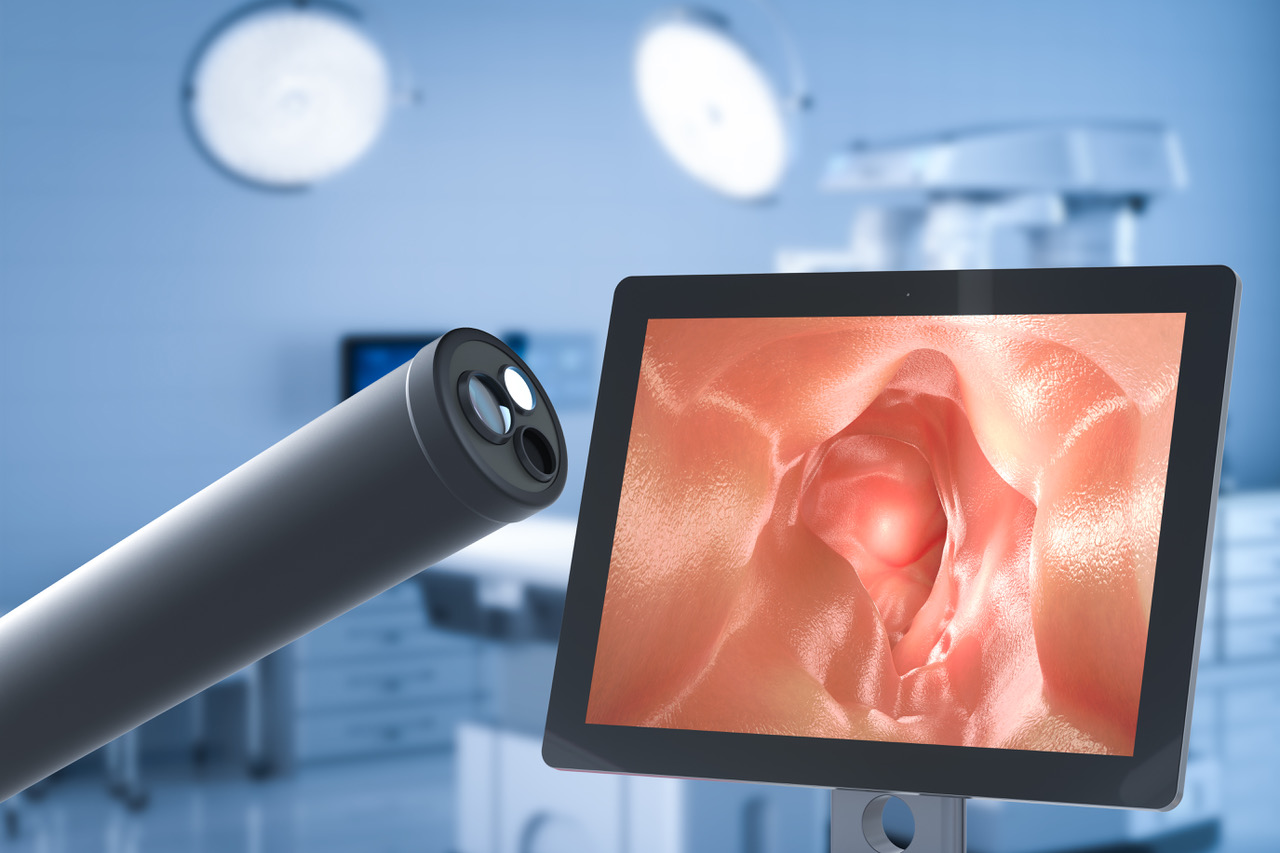
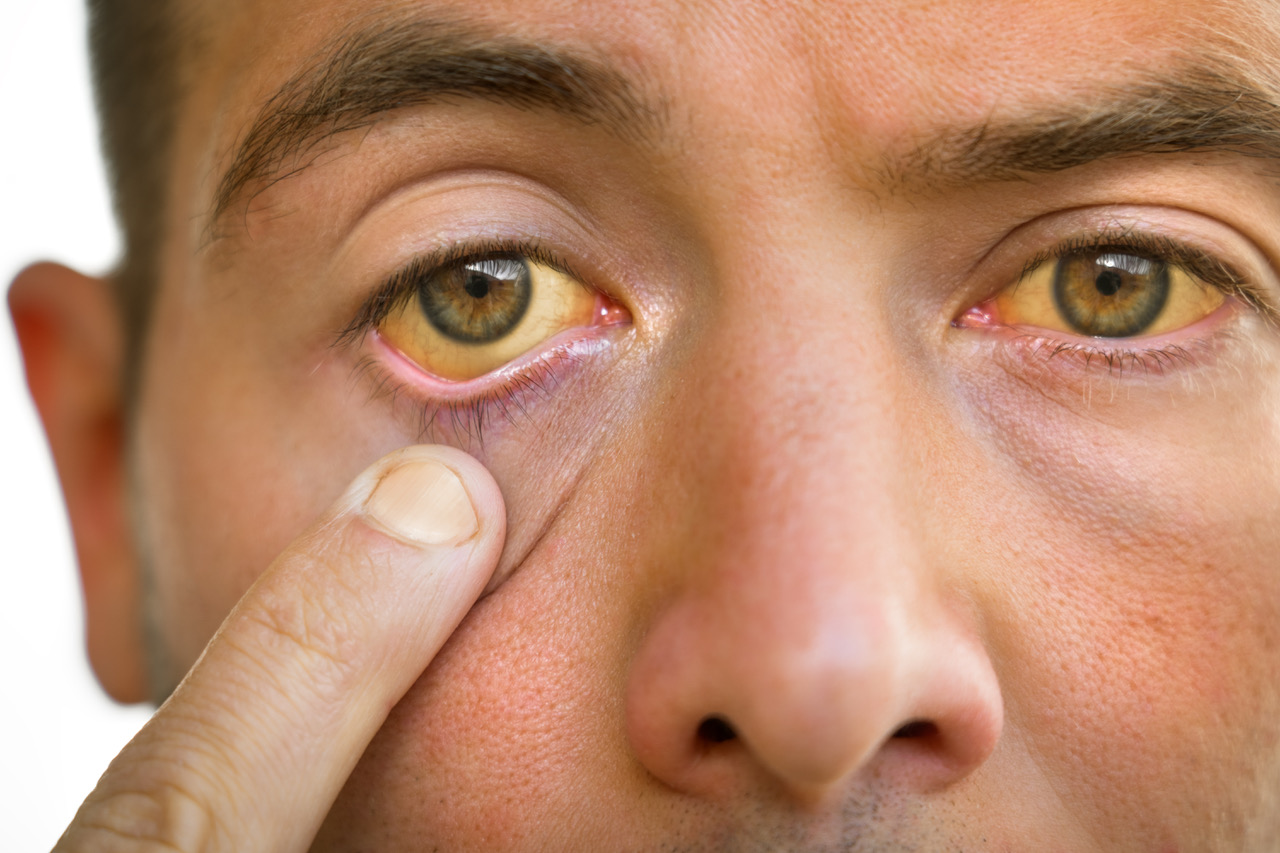


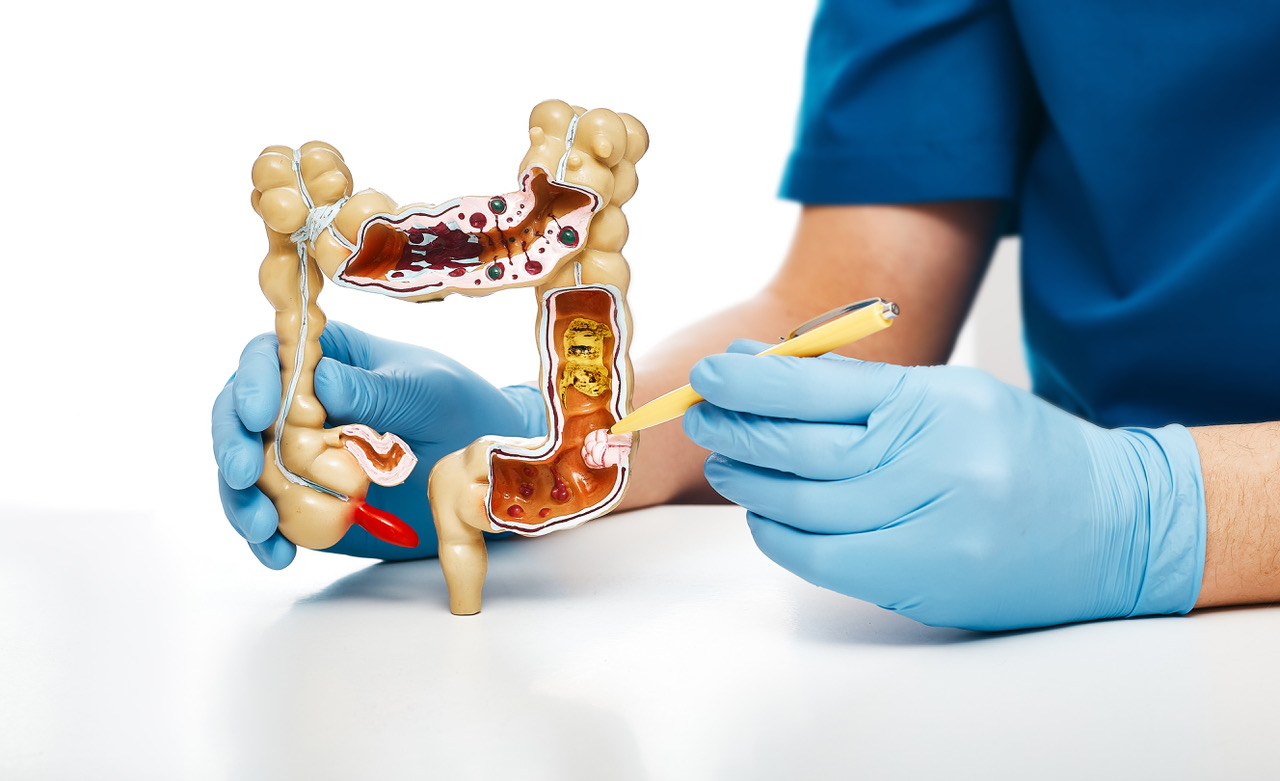


Contact Us
Covina Location
500 W. San Bernardino Rd, Suite B Covina, CA 91722
(626) 960-2326
Glendora Location
415 W. Route 66, Suite 102 Glendora, CA 91740
(626) 610-2112